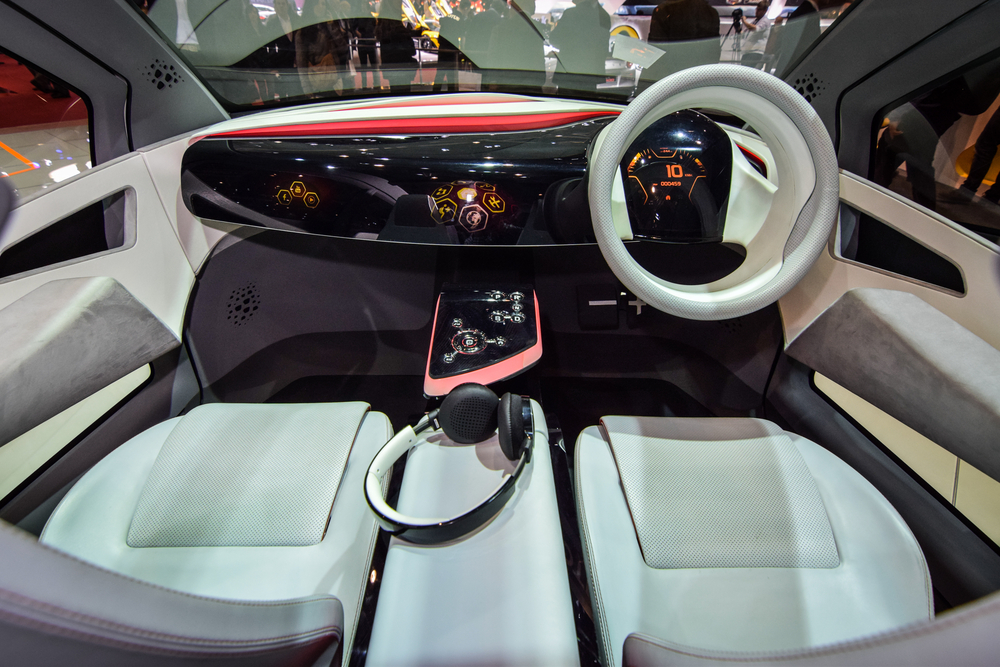Insurance
UK’s first driverless car insurance policy launches

We may be some years off driverless vehicles hitting the roads, but one insurer is gearing up for their arrival with the launch of the UK’s first fully autonomous car insurance policy.
Insurance firm Adrian Flux has unveiled a driverless car insurance policy, which will cover the vehicle being hacked or suffering navigation failures which result in an accident.
With fully driverless cars not yet on the road, Adrian Flux says the policy is “ready to use should the laws change to allow fully autonomous vehicles on UK roads”.
Testing of driverless cars in the UK has already begun in Milton Keynes and Volvo has announced it will start to test semi-autonomous cars on public roads in London in 2017, with the hope of testing fully autonomous cars in 2018.
Gerry Bucke, general manager for Adrian Flux, said the move to provide the insurance policy was to help provide “confidence and clarity around the ongoing debate of ‘who is liable’,” the technology or driver.
The policy will be updated as both the liability debate and driverless technology evolve, but for now, customers will be covered for loss or damage in the following scenarios:
- If updates or security patches for things like firewalls, operating systems, electronic mapping and journey planning systems haven’t been successfully installed in the vehicle within 24 hours of the owner being notified by the manufacturer or software provider, subject to an increased policy excess.
- If there are satellite failure/outages that affect the navigation systems, or if the manufacturer’s operating system or authorised software fails.
- Where there is loss or damage caused by failing, when able, to use manual override to avoid a collision or accident in the event of operating system, navigation system or mechanical failure.
- For loss or damage if your car gets hacked or an attempted hack results in loss or damage.
I have assisted steering, braking or parking – do I need a special policy?
Adrian Flux said the new insurance policy is designed for consumers who may already have driverless features in their existing cars, such as self-parking, or who may be thinking of buying a new car with driverless or autopilot features.
More than half of new cars sold last year featured autonomous safety technology such as self-parking or ABS, which effectively either take control or take decisions on behalf of the driver.
Bucke said the insurance firm already provides discounts for cars fitted with this assistive technology as it has been “proven to reduce accidents, and therefore claims”.
Insurance comparison site GoCompare said features like cruise control, ABS and parking sensors are generally considered part and parcel of a modern car and as such insurers tend to insure cars with these features as standard.
But it said the exception to this is if you’ve had these added (and are not manufacture’s standard when you bought the car). For instance, if you had cruise control added to your vehicle after you bought it, that would count as a modification and you would have to declare that to your insurer.